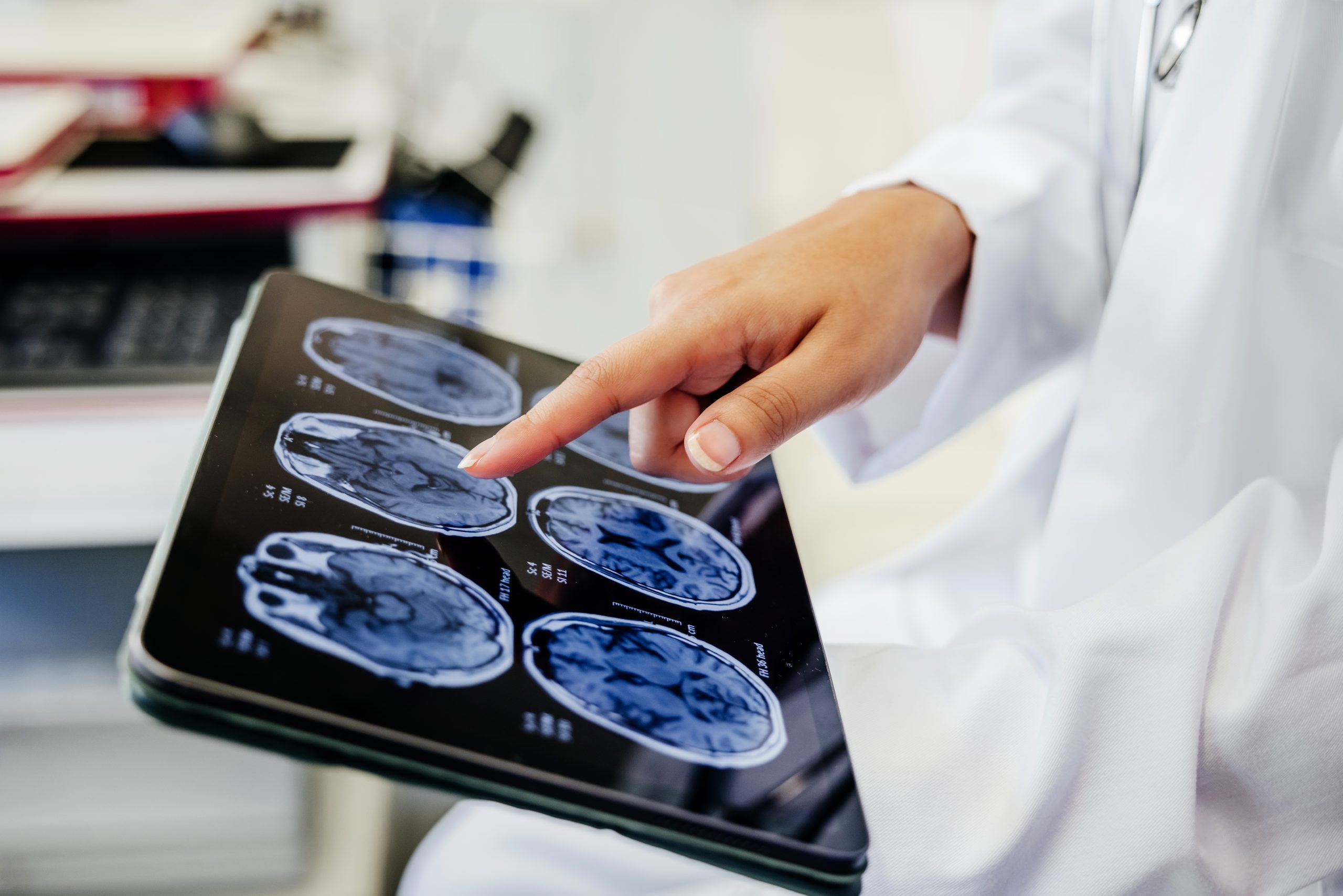Opinion: How are the problems of Aotearoa New Zealand solved and progress made? Of course, it is through the brain power of its people.
We believe, therefore, that optimising the brain health for all in Aotearoa should be one of the Government’s chief priorities.
Afterall, he aha te mea nui o te ao? He tangata he tangata he tangata! (what holds the greatest significance in the world? It is the people - the children, the whanau, and the environment that sustain us all.)
But optimising brain health is not as simple as it sounds, and requires dedicated resourcing tied to a national, coordinated action plan, something that our country sorely lacks.
Anyone thinking about the brain and nervous system will surely be filled with awe at its complexities and capabilities. It utilises more than 100 trillion connections for its many functions, subserving all our behaviours and cognitions.
Moreover, its health is pivotal to the health of all other body systems, while in return being influenced by the body, the environment and even social relationships.
Unfortunately, the brain is susceptible to many diseases and disorders throughout life for which we have precious few tools to help remedy, including Alzheimer’s and Parkinson’s diseases, stroke, closed head injuries, brain cancer, neurodevelopmental disorders, epilepsy, tinnitus, pain, Long Covid, not to mention multiple types of mental illness which are prevalent throughout life.
Without wanting to minimize the impact of other health disorders, we all know someone who lives with poor brain health and this gives us a window on the significance of its impacts on individuals, whanau and communities.
Optimising brain health for all must therefore be one of the most fundamental strategic targets of the Government’s health and social policies. An impactful education system is of course a vital component of any such strategy, but it is not enough.
Neuroscience research and its implementation are the keys to optimising brain health and the treating of, if not preventing, brain disorders. Fortunately, Aotearoa is blessed with an outstanding cohort of neuroscientists and clinicians with those very aims in mind.
It is also blessed with a wide array of non-governmental agencies that provide amazing support and advocacy for people and whanau affected by neurological and mental health conditions. Engagement of these groups in research is also critical for maximizing the impact of research outcomes.
However, our research teams are spread geographically and funding is limited, which means that their expertise and resources are also scattered. This limits the opportunities for the all-important exchange of ideas and the building of collaborations crucial to generating more impactful outcomes.
Ultimately, New Zealand is too small, and the individual groups themselves are too small, for the neuroscience community not to be much more closely connected.
Moreover, advancements are best made through integrating and sharing knowledge, matauranga Maori/te ao Maori-informed approaches to brain health, and collaborating with community organisations.
Recognising this need, many in the neuroscience community together built the nationally funded centre of research excellence, Brain Research New Zealand (BRNZ).
During its six-plus years of existence, BRNZ proved that an ethos of inter-institutional and community collaborations could be engendered that better addressed vital needs such as dementia detection and treatment, stroke and head injury rehabilitation, the course of Parkinson’s disease, tinnitus treatments, and connections with the community etc.
Connecting with medical technology experts further expanded the collaborative network and created a surge of ideas and neurotechnologies that are addressing both community and clinical needs.
Importantly, the centre provided training and mentoring for students and early career researchers, showing them the rich benefits that accrue from teaming up with other like-minded researchers from around the country.
Post-BRNZ, however, momentum hit a brick wall. To address this, we evolved the Aotearoa Brain Project-Kaupapa Roro o Aotearoa to continue strengthening these national connections, especially among the research community, Maori and NGOs to promote brain health research and its translation for impact on communities.
Our ambitions are hampered now only by funding limitations.
A solution might come from the governmental committees recently set up and chaired by Sir Peter Gluckman to address the science funding landscape and the best use of government investment in research and development.
Their brief is in part to develop a more connected research ecosytem in all the areas that matter to Aotearoa New Zealand. Although there is no substitute for sufficient research funding, an area where New Zealand sorely lags other OECD countries, we hope this process will result in a more connected research landscape and one that is also more connected to communities in a way that meets their needs in an equitable manner.
We have shown via BRNZ and now the Aotearoa Brain Project that these goals are achievable in the critical domain of brain health.
This way of thinking is already being pushed by the World Health Organization, which has said:
※Efforts to optimise brain health require multi-stakeholder collaboration and must be integrated across all sectors of society. In return, robust investments in actions that optimise brain health across the life course promise to improve multiple health outcomes and lift development and wellbeing globally.§
A healthy brain enables the rising to challenges of all kinds, to problem-solving, creative pursuits, social connectedness, healthcare and the drive to make this a better world. We urge funding committees and all current and new relevant government agencies not just to understand but to actively address the importance of this mission.



